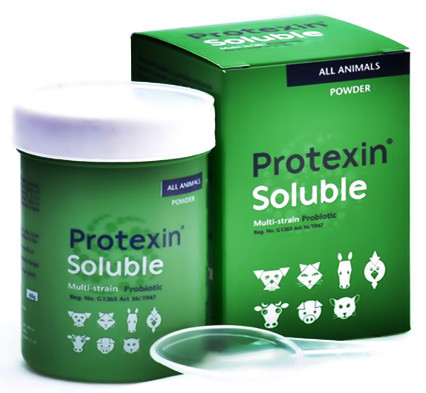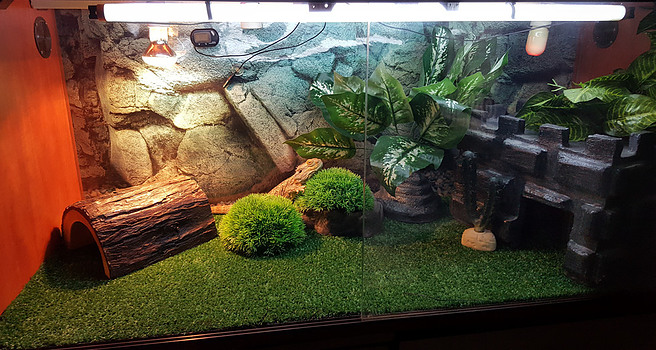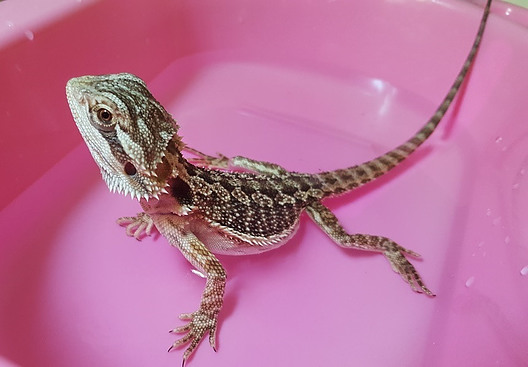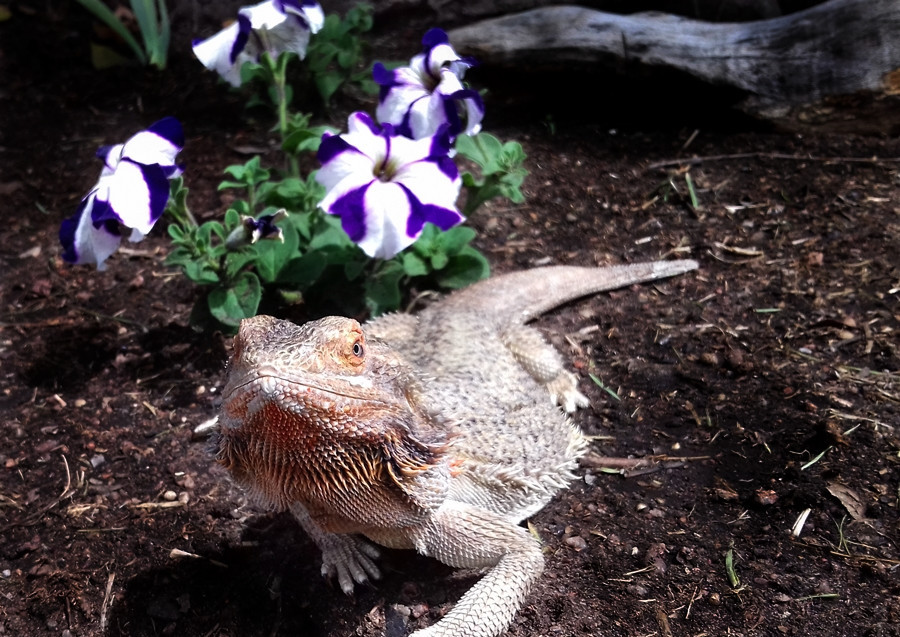Bearded dragons can pick up mites and/or parasites for a number of reasons, and there are a few ways of avoiding this or, treating it if it were to happen. The important thing to know is, that a bearded dragon can have either internal or external parasites, with mites being an external pest. Both will be discussed, treatments, shown as well as prevention.
Internal Parasites
These are parasites within the stomach or intestines.
What are the symptoms of internal parasites?
- Runny poop
- Lack of appetite
- Poop with a really bad smell
- Rusty or orange color in the urinate that is not related to the diet
- Traces of blood in the stool.
- Traces of undigested food in the stool.
Take note: Not all of the above symptoms will be present and some symptoms will only occur when the situation is bad.
Any Treatment for Internal Parasites?
If you suspect parasites, you should take your bearded dragon to the vet as soon as possible. A fecal sample will be taken to confirm and medication will be prescribed to get rid of it. It will not cure by itself without medication and thus a vet visit or proper medication is the only way to cure it.
Pro-biotics for reptiles are “good bacteria” and should be given on a regular basis to prevent parasites and digestive tract problems.

Mites & Parasites on the Skin
Bearded dragons have thick skin with scales. Mites and parasites will target the places where the skin is sensitive and thin. They will try to suck the bearded dragon’s blood and then transmits diseases and sicknesses among your bearded dragon. The most sensitive places on a dragon are the eyes, ears, mouth, and stomach.
Mites and/or parasites can also crawl under the scales on their stomachs, making it appear as if though there are black spots or patches on the bellies.
What can I do to treat and prevent mites or parasites?
You will have to purchase a mite or parasite spray to get rid of the problem. Follow the instructions on the product label.
Keep the enclosure clean! A dirty enclosure makes room for all kinds of parasites to breed. If your dragon has these, the enclosure will have to be cleaned every day until your dragon is completely free from them and all mites or parasites are killed.

Bath your dragon at least once a day till the problem is solved. Thereafter once a week. Bathing them regularly will make it hard for the mites or parasites to survive. You can use a soft toothbrush to gently scrub them, it will get rid of the parasites/mites much faster. Again, do it gently, you do not want to injure the soft scales of your dragon and cause an infection.

Do not leave feeder insects in the enclosure after feeding. Some feeders like crickets are common parasite carriers and can infect your enclosure.
What is the Cause of Parasites and/or Mites?
Feeders – Insects that are kept in unsanitary conditions will contract parasites or worms and it will be passed on to your dragon. Crickets are one of the main culprits since they tend to die and rot up the enclosure much faster. Always keep the feeder container clean and be sure to buy your feeders from a trusted supplier. If possible, breed them yourself in a clean environment.
Dirty cage/terrarium – Be sure to clean your bearded dragon’s home on a regular basis. Unsanitary conditions are the perfect breeding ground for parasites. Clean soiled areas ASAP to prevent bacteria from growing, hence the reason why newspaper, tile, and paper towels work so well. Easy to keep clean. Remember never to clean with strong chemicals! Or to rinse and air out if the situation calls for it. Keep the Dragon away until properly cleaned, rinsed, and aired out.
Good bacteria turning bad – A bearded dragon has a good number of good bacteria (gut flora) that are beneficial for its digestive system. These organisms are kept in check by a healthy immune system. However, stress, starvation, an improper diet, dehydration, and incorrect temperatures will cause the good bacteria to die and make room for bad organisms. These will reproduce and cause severe problems. Excessive antibiotics, also kill their good bacteria, which is why probiotics are a must when they are on antibiotics.
